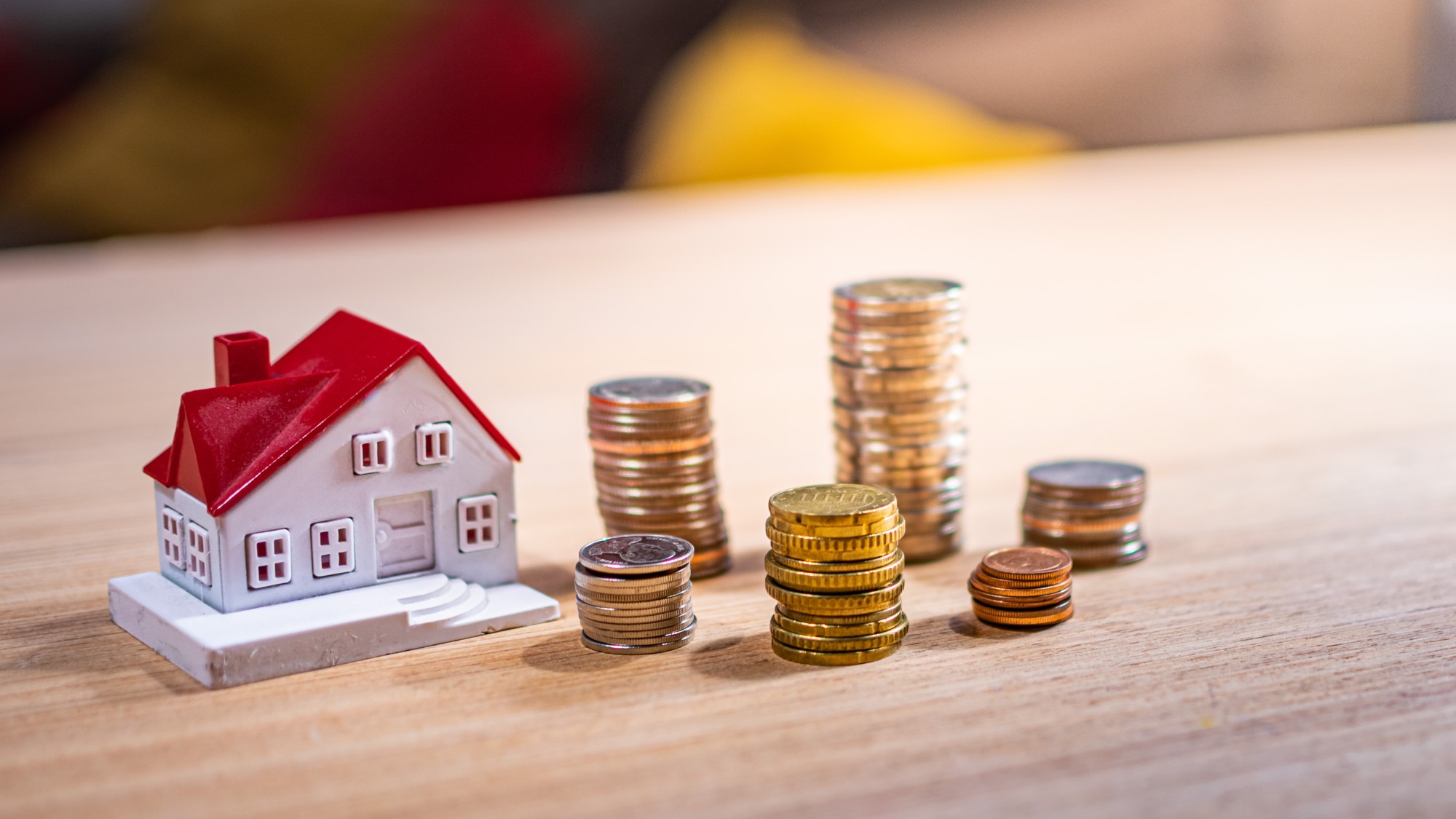What is capital gains tax and how to reduce your bill
Capital gains tax rates have already increased once under the Labour government and could rise again

A free daily email with the biggest news stories of the day – and the best features from TheWeek.com
You are now subscribed
Your newsletter sign-up was successful
Capital gains tax has been increased since Labour came to power last year and there are rumours of a further hike.
It comes after CGT rates were increased in the Autumn Budget and the latest HMRC data shows the government saw a rise in CGT receipts between April and May from £191 million to £232 million.
This is a blow for investors but "low growth and high borrowing costs could force" Chancellor Rachel Reeves to increase taxes again, said The Telegraph.
The Week
Escape your echo chamber. Get the facts behind the news, plus analysis from multiple perspectives.

Sign up for The Week's Free Newsletters
From our morning news briefing to a weekly Good News Newsletter, get the best of The Week delivered directly to your inbox.
From our morning news briefing to a weekly Good News Newsletter, get the best of The Week delivered directly to your inbox.
Ultimately, CGT revenues are only moving in "one direction", said RSM – "upwards".
What is capital gains tax?
CGT is a tax paid when you "sell, give away, exchange or otherwise dispose of a capital asset", explained the Low Incomes Tax Reform Group (LITRF).
It is payable on profits made from selling certain assets such as shares outside an ISA, a business or a second property.
The tax isn't charged on what you receive for the asset but "the gain you make" when it is sold.
A free daily email with the biggest news stories of the day – and the best features from TheWeek.com
It is a tax that investors and property owners "increasingly need to watch out for", said MoneyWeek, due to rising rates and falling allowances.
Since 30 October 2024, CGT for basic-rate taxpayers selling investments not held in an ISA has increased from 10% to 18% while higher and additional-rate taxpayers pay 24%, up from 20%.
CGT rates for residential property have remained at 18% and 24% for basic-rate and higher/additional-rate payers respectively.
But the tax-free allowance on capital gains has reduced in recent years from £12,300 to £6,000 in April 2023, and slashed again to just £3,000 in April 2024.
Additionally, frozen tax thresholds means investors need to "take extra care to shield themselves from a potential tax bill", said MoneyWeek.
How capital gains tax works
CGT rates are different from income tax rates.
You will need to know your overall income for the relevant tax year, explained AJ Bell, and "it also depends on the type of investment you've sold".
As tax isn't automatically deducted by HMRC, you will need to report it through a tax return or the government's "real-time" CGT service, and "you'll be pleased to know" you have a CGT allowance, said Unbiased.
This is the amount of profit you can make before CGT is charged. It is currently £3,000, having halved from the previous tax year.
Residential property gains must be reported to HMRC within 60 days of a sale and you have until 31 December of the same year to disclose investment gains.
The Office for Budget Responsibility estimates that the government could raise £19.7 billion from CGT in 2025/2026.
But there are ways to reduce your liability and keep more profit for yourself.
How to reduce your capital gains tax bill
Make sure you use your CGT allowance as it "can't be rolled over", said Unbiased, "so it really is a case of using it or losing it".
HMRC provides allowances for married couples for jointly owned assets, and these can be passed on to a spouse tax-free – useful if one partner is in a lower tax band than the other.
Because exemptions apply per person, you could split assets with your husband, wife or civil partner to essentially double your allowance and boost the amount of tax-free profit you can take.
It is possible to offset losses from other assets against your CGT bill but you must register the losses within four years after the end of the tax year that the relevant sale was made.
As well as using past losses, said interactive investor, keep track of costs of the asset, such as maintaining a property, as "this will reduce the size of your gains and subsequently the amount of tax you need to pay".
Contributing more to your pension could even reduce your income for tax purposes.
Don't forget to make use of your ISA allowance as "you won’t have to pay UK tax on any gains or income from these investments", said Hargreaves Lansdown. This means you could "squirrel away" up to £20,000 "completely free of UK tax".
Marc Shoffman is an NCTJ-qualified award-winning freelance journalist, specialising in business, property and personal finance. He has a BA in multimedia journalism from Bournemouth University and a master’s in financial journalism from City University, London. His career began at FT Business trade publication Financial Adviser, during the 2008 banking crash. In 2013, he moved to MailOnline’s personal finance section This is Money, where he covered topics ranging from mortgages and pensions to investments and even a bit of Bitcoin. Since going freelance in 2016, his work has appeared in MoneyWeek, The Times, The Mail on Sunday and on the i news site.
-
 How the FCC’s ‘equal time’ rule works
How the FCC’s ‘equal time’ rule worksIn the Spotlight The law is at the heart of the Colbert-CBS conflict
-
 What is the endgame in the DHS shutdown?
What is the endgame in the DHS shutdown?Today’s Big Question Democrats want to rein in ICE’s immigration crackdown
-
 ‘Poor time management isn’t just an inconvenience’
‘Poor time management isn’t just an inconvenience’Instant Opinion Opinion, comment and editorials of the day